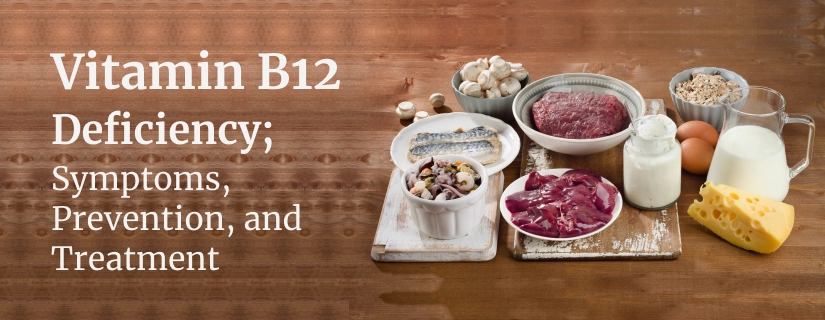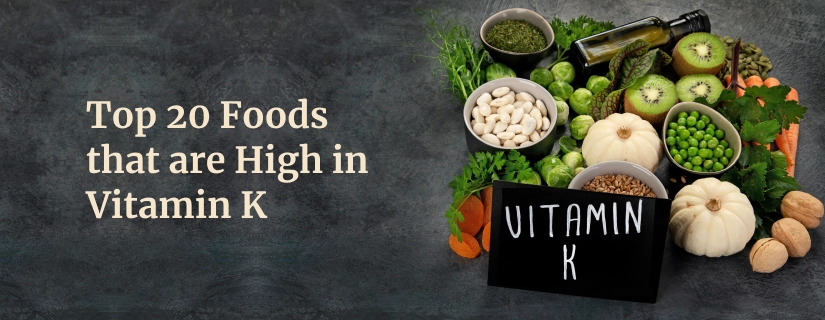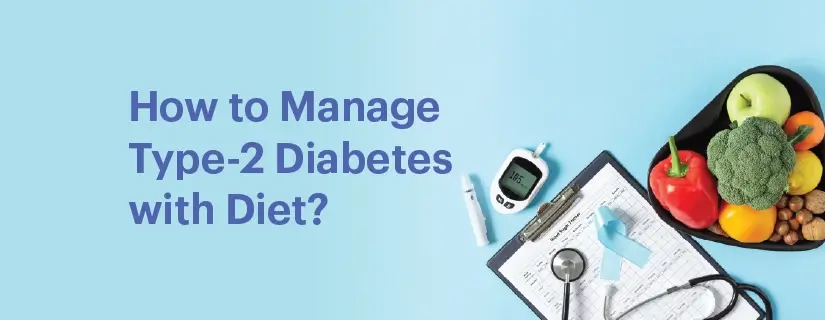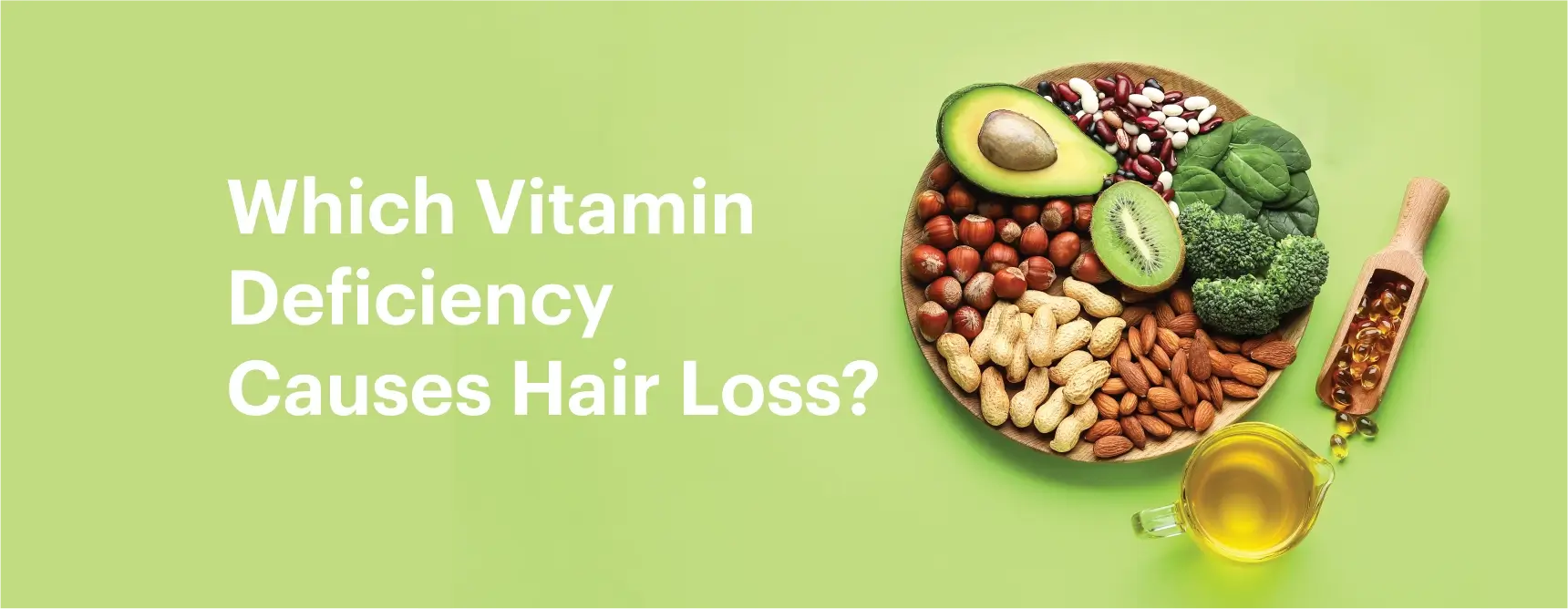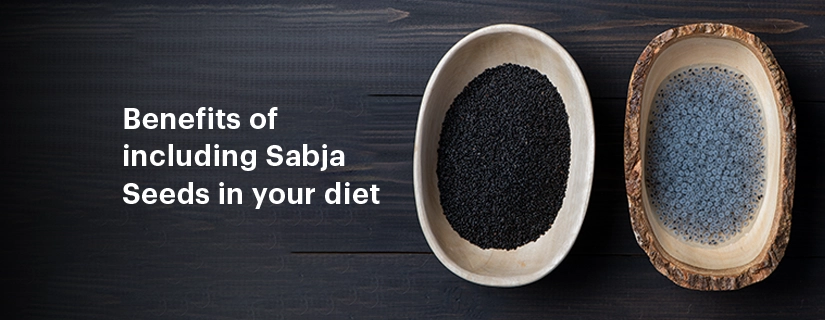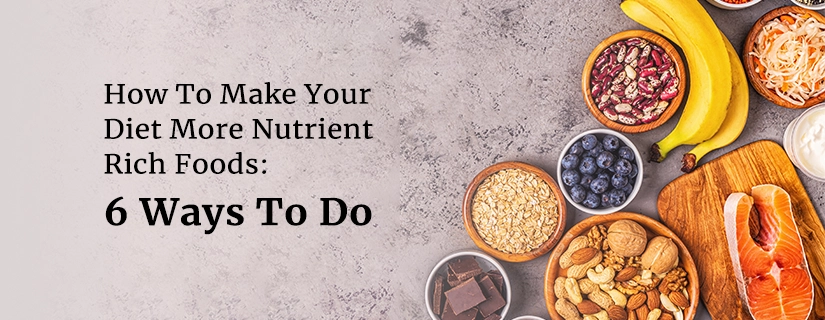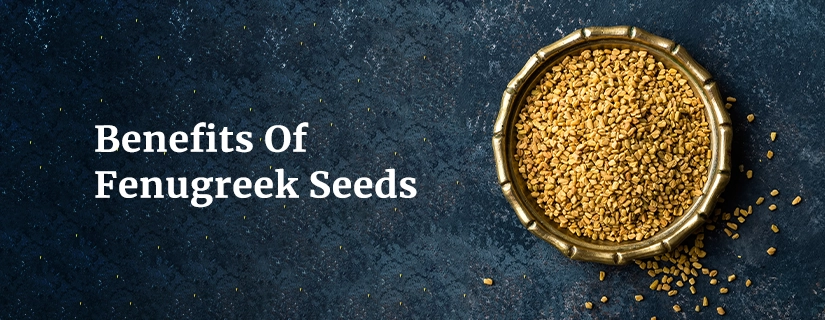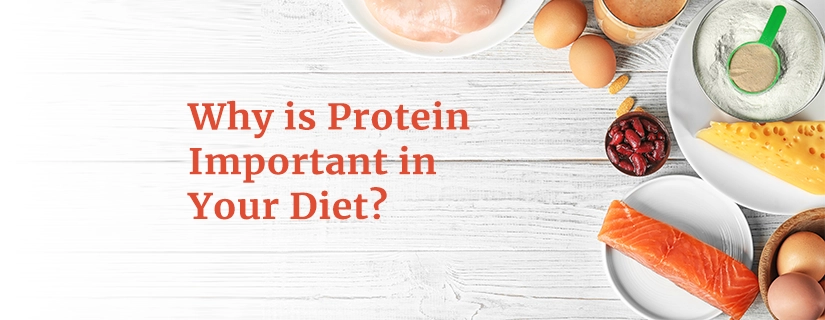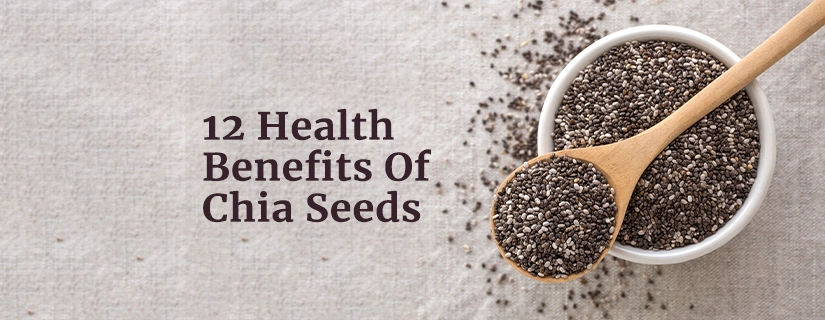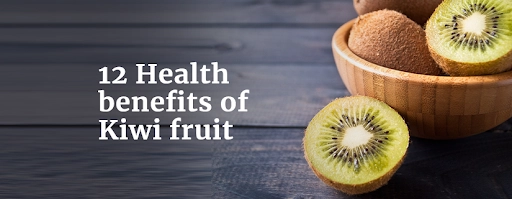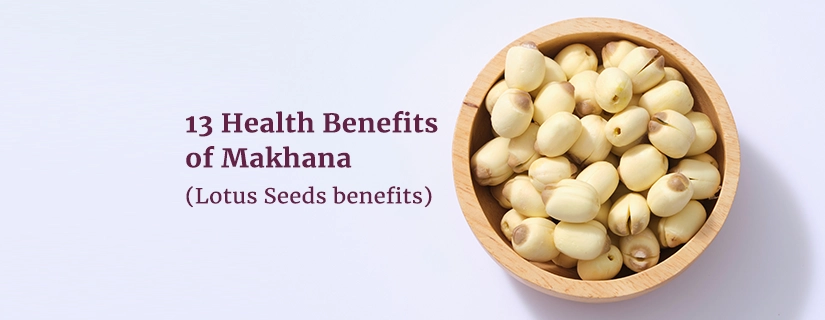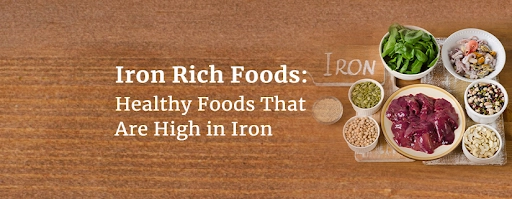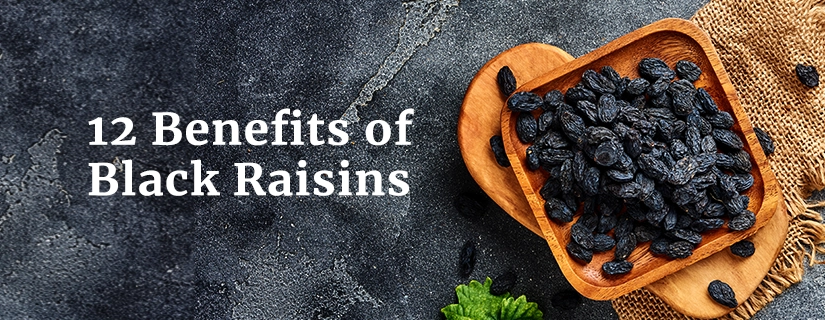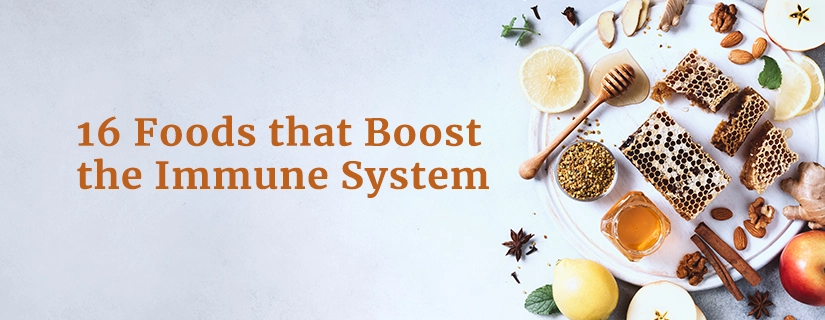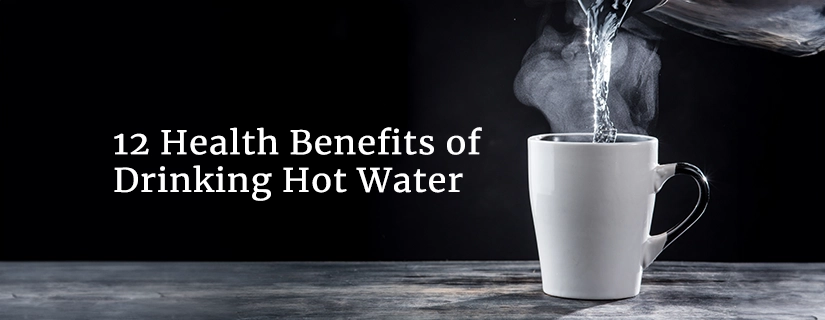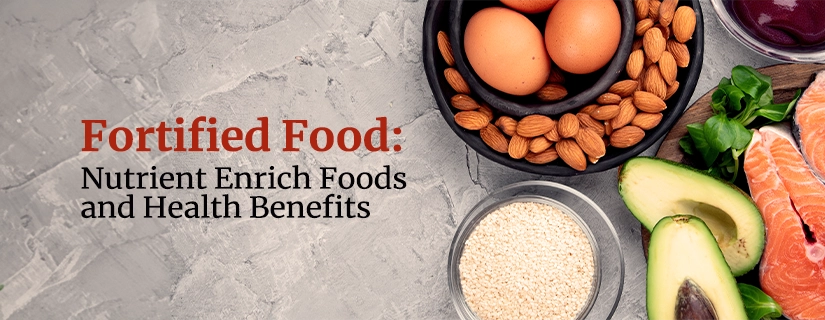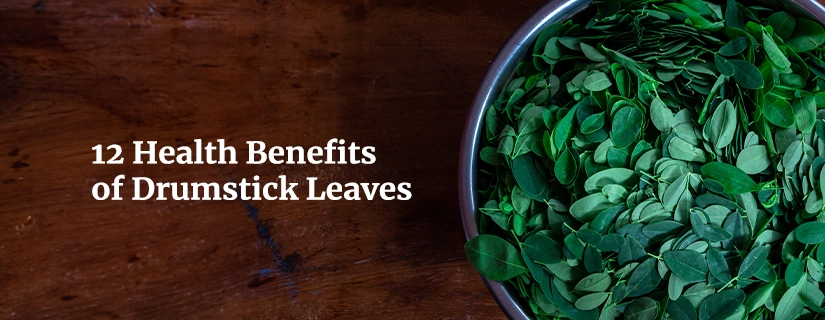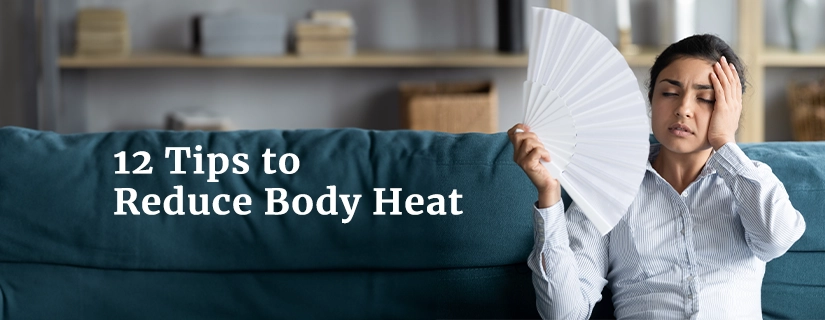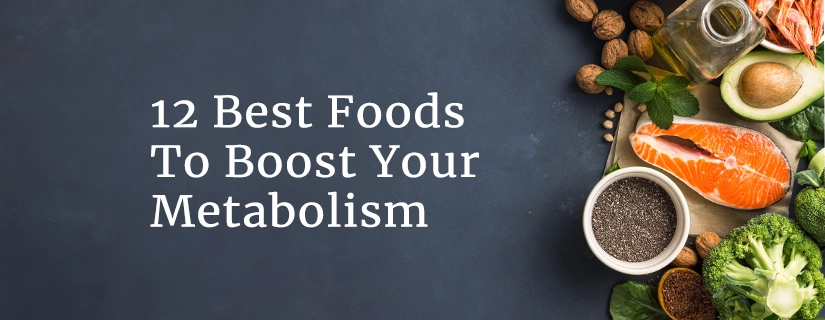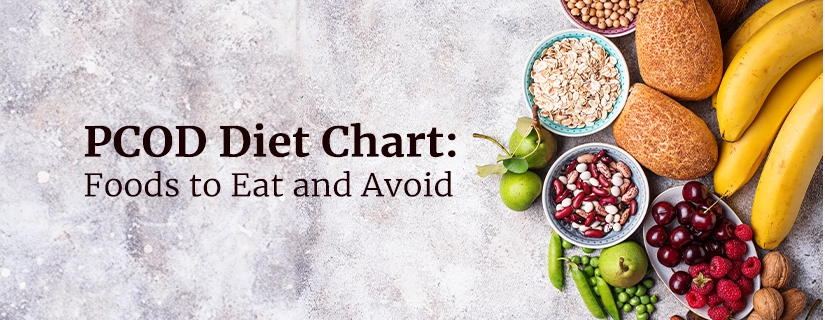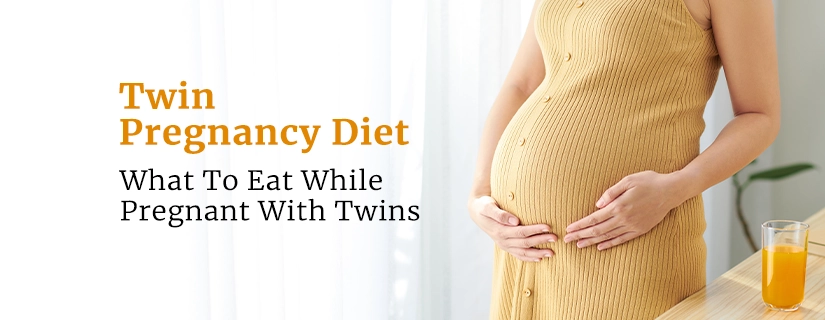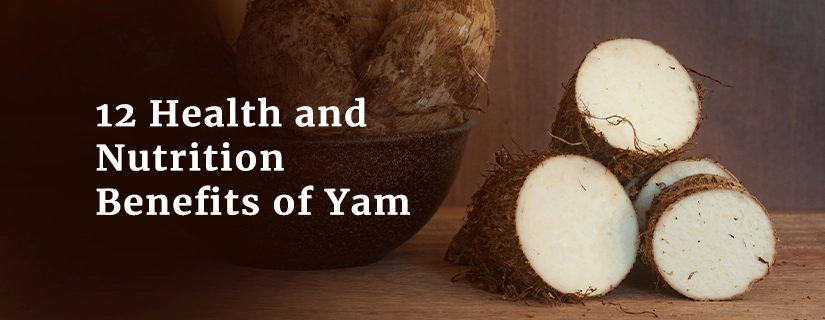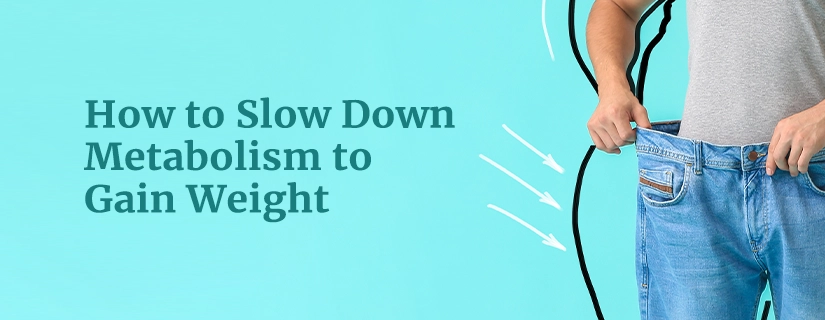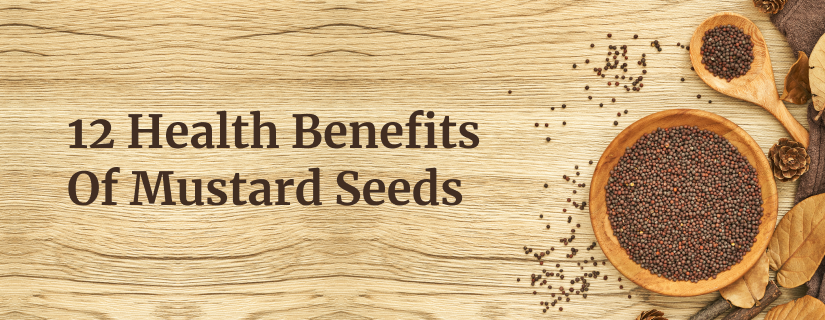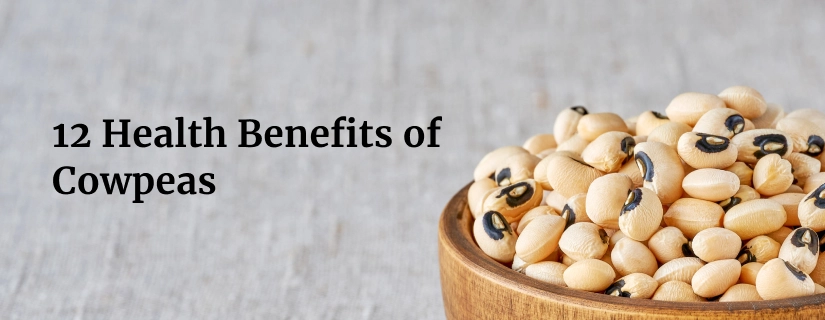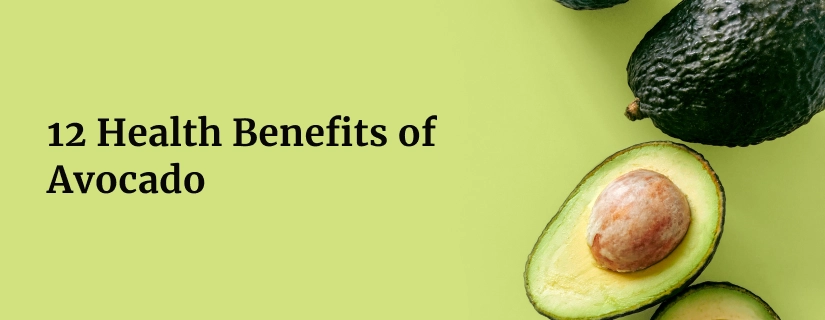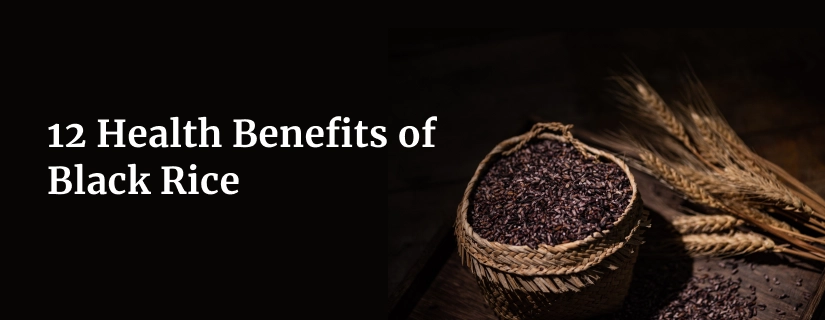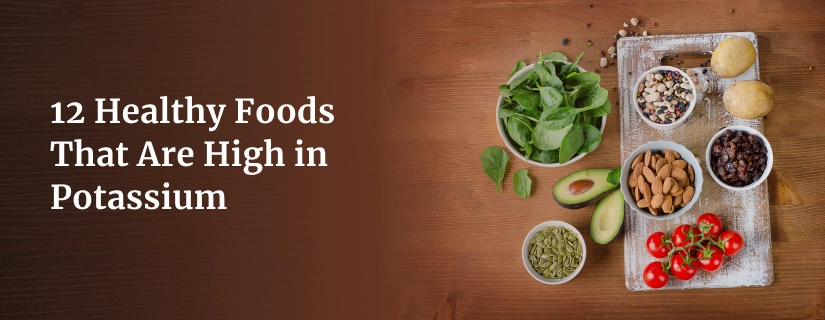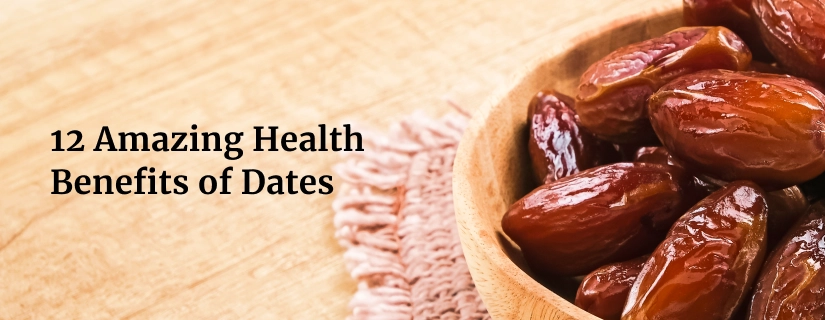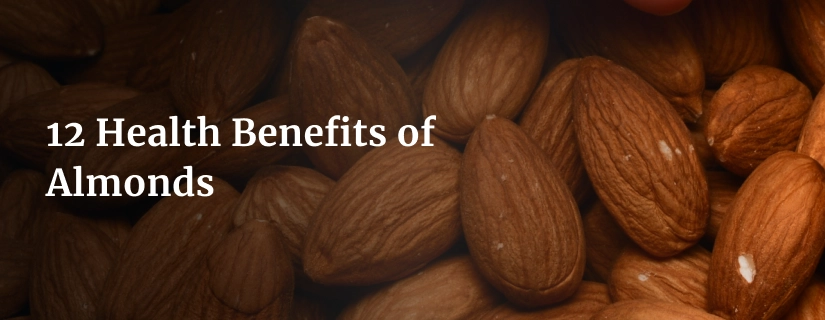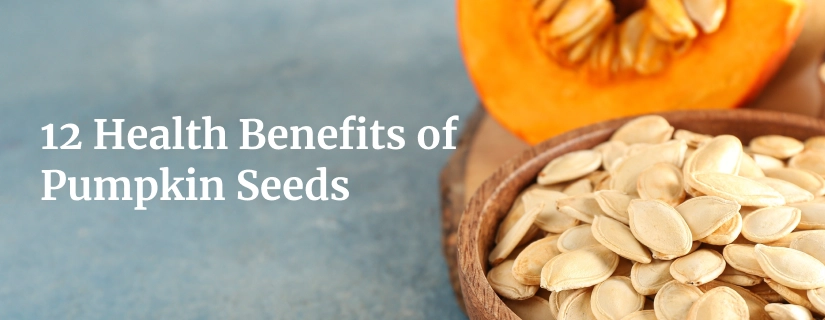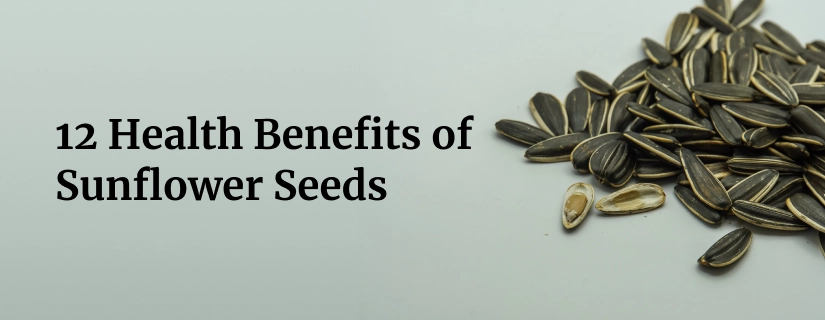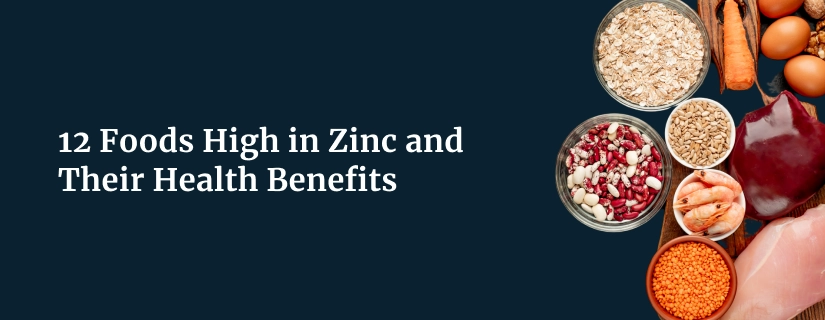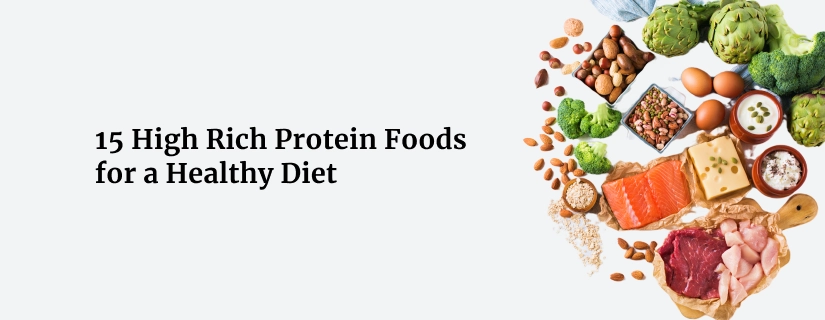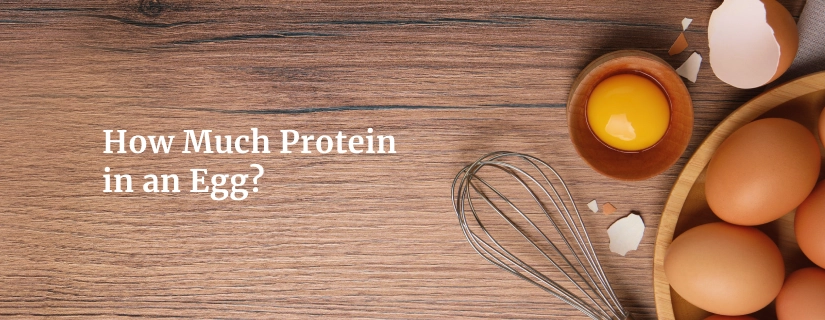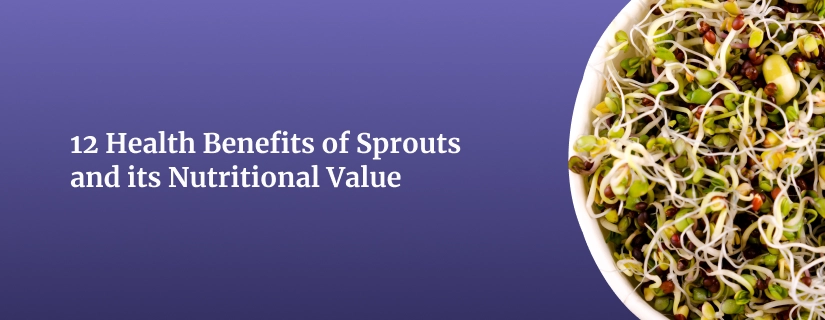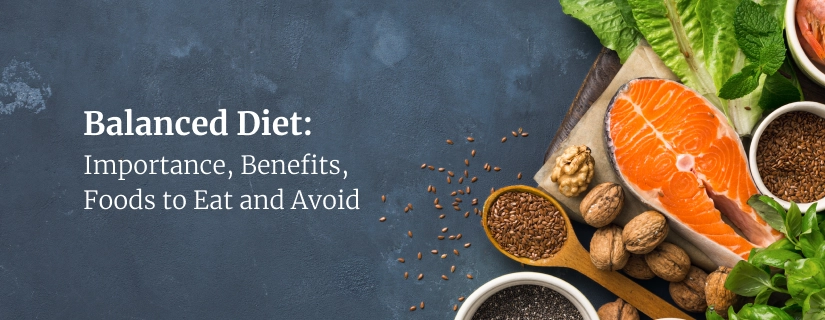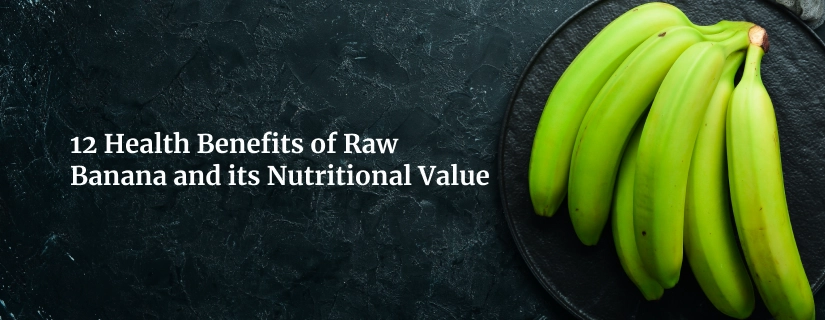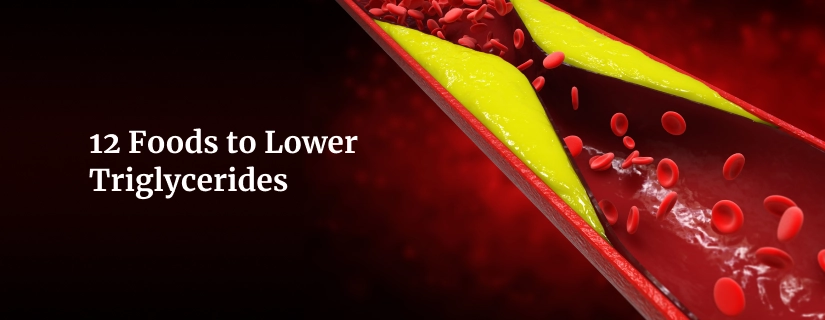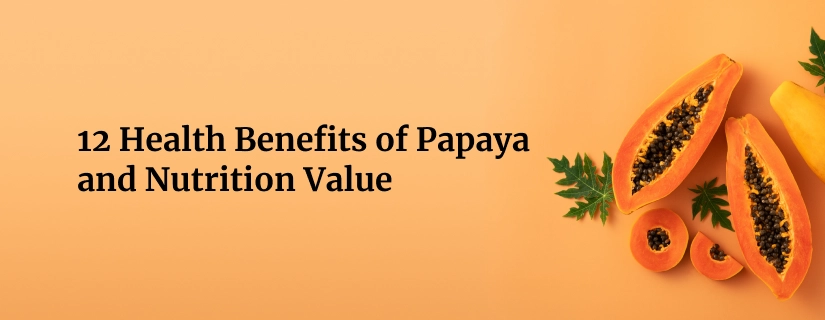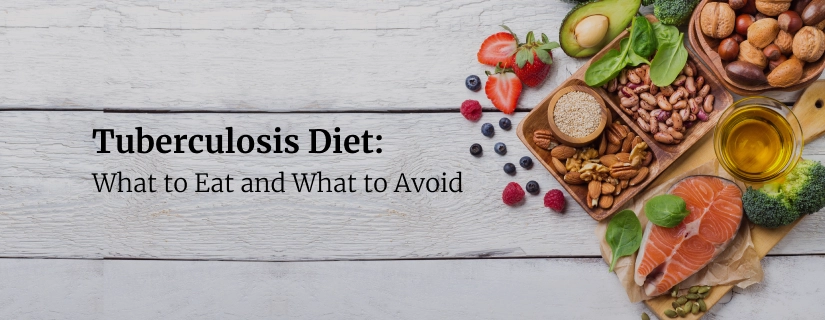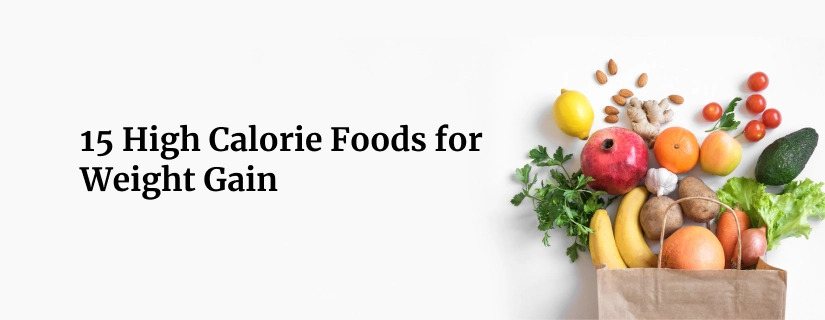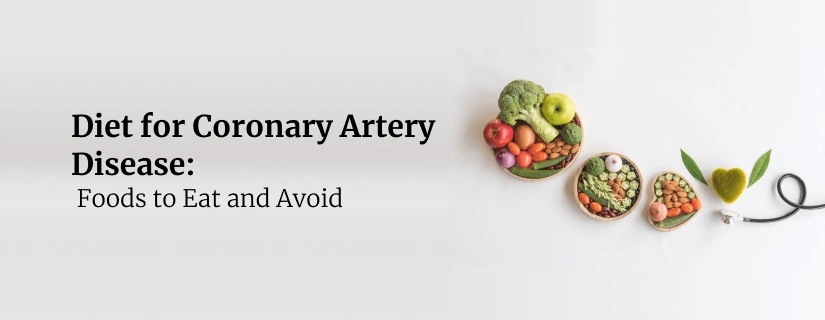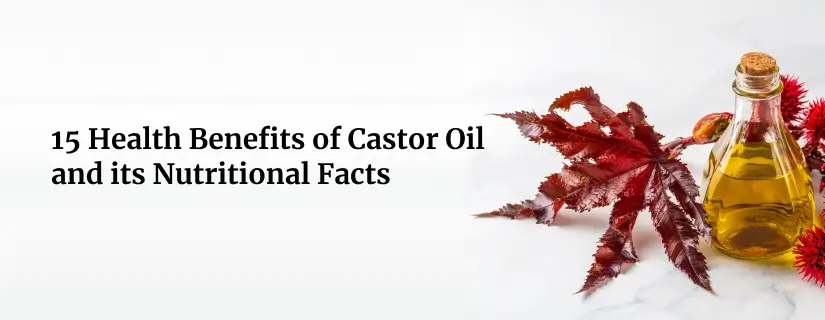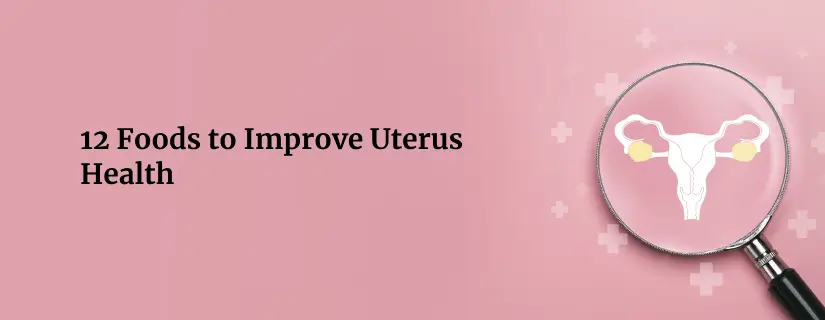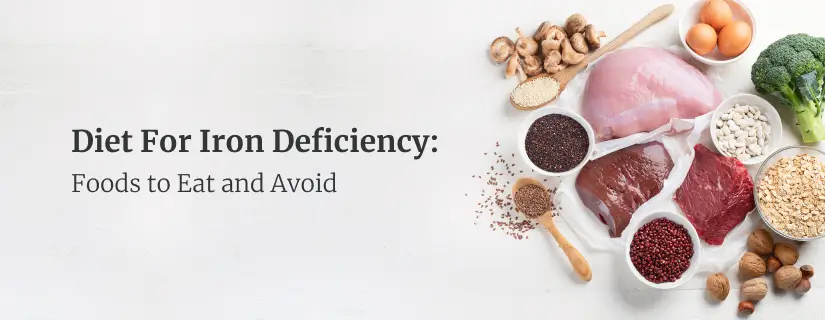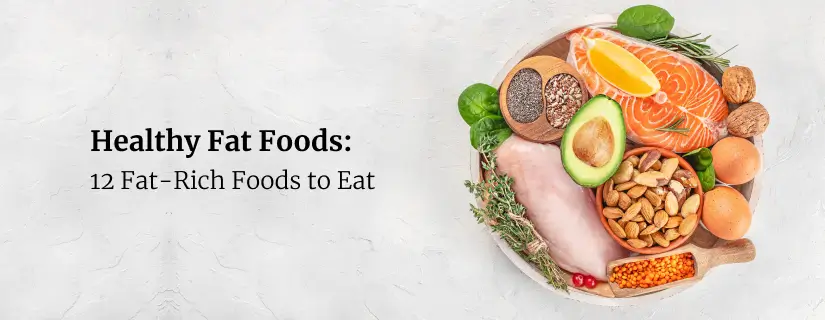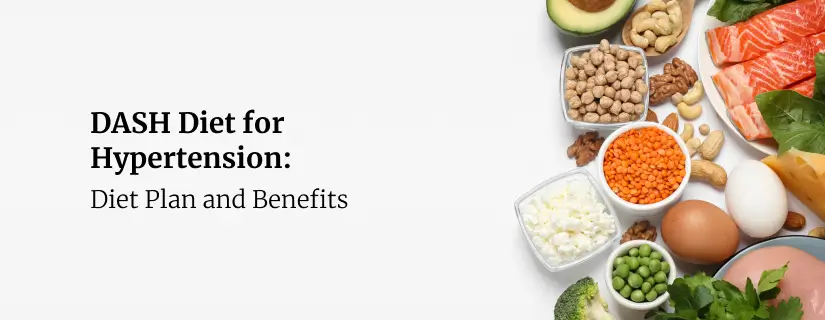-
Doctors
-
Specialities & Treatments
Centre of Excellence
Specialties
Treatments and Procedures
Hospitals & Directions HyderabadCARE Hospitals, Banjara Hills CARE Outpatient Centre, Banjara Hills CARE Hospitals, HITEC City CARE Hospitals, Nampally Gurunanak CARE Hospitals, Musheerabad CARE Hospitals Outpatient Centre, HITEC City CARE Hospitals, Malakpet
HyderabadCARE Hospitals, Banjara Hills CARE Outpatient Centre, Banjara Hills CARE Hospitals, HITEC City CARE Hospitals, Nampally Gurunanak CARE Hospitals, Musheerabad CARE Hospitals Outpatient Centre, HITEC City CARE Hospitals, Malakpet Raipur
Raipur
 Bhubaneswar
Bhubaneswar Visakhapatnam
Visakhapatnam
 Nagpur
Nagpur
 Indore
Indore
 Chh. Sambhajinagar
Chh. SambhajinagarClinics & Medical Centers
Book an AppointmentContact Us
Online Lab Reports
Book an Appointment
Consult Super-Specialist Doctors at CARE Hospitals
Role of hormones in each phase of the menstrual cycle
Updated on 10 October 2022
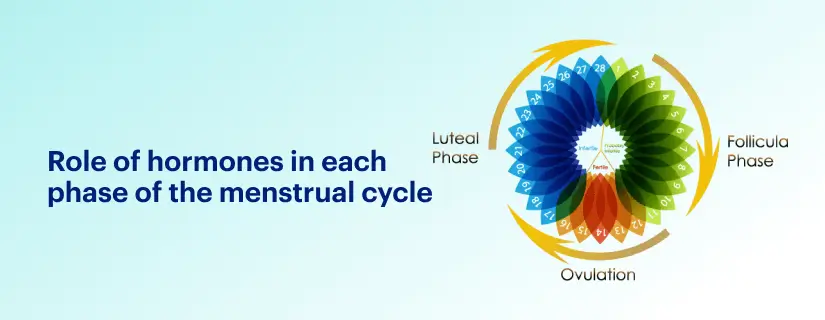
The menstrual cycle is the most important cycle that defines how a female body works. The cycle begins with the first day of your period and ends when your next period begins. It could last on average from 25-36 days. This length could vary from woman to woman even if they are having regular periods. This cycle affects every aspect of the female’s well-being and it is important to understand the same. The hormones change during each phase of the menstrual cycle and they can impact your body and mind in several ways.
Four phases of Menstrual Cycle
There are 4 phases of the menstrual cycle each linked to the release of a particular hormone which serves a particular function.
- Follicular Phase: This phase starts on Day 1 of the period and continues till the end of ovulation and lasts for 13-15 days. It involves the release of the follicle-stimulating hormone by the Pituitary Gland that helps to produce and hold the egg. It also releases Oestrogen to help in rebuilding the uterine lining.
- Menstrual Phase: Menstrual phase starts on Day 1 and continues till the bleeding stops, the body sheds the uterine lining and the oestrogen and progesterone levels are low leaving women with less energy and mood swings. Women tend to feel vulnerable during this phase. This is followed by the proliferative phase when the period ends and the uterine lining gets rebuilt again. The ovaries work on building the egg-containing follicles while the uterus reacts to the oestrogen released by the follicles by rebuilding the lining.
- Ovulation Phase: This is roughly the middle of the cycle around the 13th-15th day when the egg is released from the ovary, ready to be fertilised. Oestrogen levels peak just before the release of the egg signalling the increase of the luteinizing hormone which ensures the release of the egg. This is the short period when women feel most energetic, vibrant and positive.
- Luteal Phase: This is the post-ovulation phase and continues till the next period begins.Once the egg is released the follicle that contained the egg changes into Corpus Luteum. During this phase, oestrogen and progesterone are produced and the progesterone levels peak around a week into the luteal phase. If the egg is fertilized, progesterone supports the pregnancy. If not, the uterine lining starts breaking down getting ready to be shed during the next period and the cycle repeats.
The importance of Hormones in the Female Body
The release of hormones in the female body like Follicle Stimulating Hormone, Oestrogen, Progesterone and Luteinizing Hormone is important as they play a crucial role in the healthy working of the female body.
Follicle Stimulating Hormone: This is the hormone responsible for the creation of a healthy egg. This is released by the Pituitary Gland. It regulates the working of the male and female reproductive organs- the ovaries and the testes. Any abnormality can result in male or female infertility.
Oestrogen: This is a female sex hormone that controls puberty and strengthens bones. There are three types of Oestrogen.
- Oestradiol is produced by the ovaries in women of childbearing age.
- Oestriol is the main oestrogen produced during pregnancy, especially in the placenta
- Oestrone which is produced by the adrenal glands and fatty tissue is the only oestrogen produced after menopause.
Luteinising Hormone: This is another gonadotrophic hormone produced by the Pituitary gland. It is released after the ovulation phase. On day 14 of the cycle, there is a rise in the luteinising hormone which stimulates the follicular wall to tear and release a mature egg from the ovary. The hormone then stimulates the Corpus Luteum (formed out of the remnants of the follicular wall) to release progesterone which is required to protect the embryo in the event of fertilisation.
Progesterone: Progesterone is released from the Corpus Luteum in the second half of the menstrual cycle. It prepares the female body for pregnancy if the egg is fertilised. It stimulates the growth of blood vessels that supply the endometrium and stimulates the glands to secrete nutrients to nourish the tiny embryo. During pregnancy, it helps in foetal development and helps to strengthen the pelvic wall muscles in preparation for labour.
Each hormone has its own role to play in maintaining a healthy menstrual cycle, so important for a woman to lead a healthy life. They contribute to the physical and mental well-being of females and it is important to ensure that the menstrual cycle is regular.
If you are facing issues with your menstrual cycle, you can consult one of the experts at the best gynaecology hospitals in Hyderabad and we will be glad to assist you.
How do hormones work together?
Hormones are chemicals that help control many functions in your body. Here’s how they work together:
- Sending Messages: Hormones are released by glands (like the thyroid or adrenal glands) into the blood, where they travel to different organs and tissues to deliver messages.
- Adjusting Levels: When one hormone level gets too high or too low, the body adjusts other hormones to balance things out. For example, if you need more energy, your body might release hormones to increase your heart rate.
- Working in Pairs: Some hormones work together to control complex processes. For instance, during stress, one hormone increases your heart rate while another helps manage your energy levels.
- Regulating Body Functions: Hormones help manage things like growth, metabolism, and mood. For example, different hormones control your menstrual cycle or help regulate blood sugar levels.
- Maintaining Balance: The body tries to keep hormone levels balanced. If they get too high or too low, it can cause problems, so the body adjusts by changing the levels of other hormones.
So basically, hormones communicate and adjust each other to keep your body functioning properly and in balance.
Importance of Tracking Your Menstrual Cycle
Tracking your menstrual cycle is a powerful way to manage your reproductive health and overall well-being. Here’s why you should keep track:
- Predict Your Periods: Monitoring your cycle allows you to anticipate when your next period will begin.
- Understand Your Body: Your cycle offers valuable insights into your health. Keeping track helps you spot any irregularities or changes, such as unexpected pain or irregular periods.
- Identify Fertile Days: If you're planning to conceive or avoid pregnancy, tracking your cycle can help you determine your most fertile days. However, it's important to remember that pregnancy can occur at any time during the cycle.
- Manage PMS Symptoms: By noting your cycle, you can predict and prepare for PMS symptoms like mood swings and cramps, allowing you to plan and take care of yourself better during these times.
- Recognize Patterns: Over time, you’ll observe patterns in your cycle, such as fluctuations in energy, mood, or cravings. Understanding these patterns helps you plan activities, self-care, and exercise more effectively.
Whether you use a period-tracking app, a calendar, or a journal, tracking your menstrual cycle provides valuable insights into your body and health.
Hormones Involved in the Menstrual Cycle
The menstrual cycle is regulated by a complex interplay of hormones that coordinate the various phases of the cycle. These hormones include:
- Follicle-Stimulating Hormone (FSH): Produced by the anterior pituitary gland, FSH stimulates the growth and maturation of ovarian follicles in the first half of the menstrual cycle.
- Luteinizing Hormone (LH): Also secreted by the anterior pituitary gland, LH triggers ovulation (the release of an egg from the ovary) and stimulates the production of progesterone.
- Estrogen: Produced primarily by the ovaries, estrogen is responsible for the growth and repair of the uterine lining (endometrium) and the development of secondary sexual characteristics. Estrogen levels rise in the first half of the cycle, peaking just before ovulation.
- Progesterone: After ovulation, the corpus luteum (the structure formed from the follicle) secretes progesterone. This hormone prepares the endometrium for potential implantation of a fertilized egg and helps maintain the uterine lining. If pregnancy does not occur, progesterone levels drop, leading to menstruation.
- Gonadotropin-Releasing Hormone (GnRH): Produced by the hypothalamus, GnRH stimulates the anterior pituitary gland to release FSH and LH. Its secretion is pulsatile and varies throughout the cycle.
- Inhibin: Secreted by the ovaries, inhibin helps regulate the levels of FSH by providing negative feedback to the pituitary gland.
- Human Chorionic Gonadotropin (hCG): Produced by the placenta during pregnancy, hCG maintains the corpus luteum and its production of progesterone.
When to see your doctor
If you're concerned about your menstrual period, talk to your doctor:
- Your period patterns change significantly.
- Your periods become heavier, requiring you to change your pad or tampon more frequently than every 2 hours.
- Your periods last longer than 8 days.
- Your periods occur less frequently than every 21 days.
- Your periods are more than 2 to 3 months apart.
- Your symptoms are so painful that they impact your daily life.
- You experience bleeding between periods.
- You bleed after having sexual intercourse.
FAQ's
1. What is the duration of a menstrual cycle?
The menstrual cycle begins on the first day of a woman's period. Periods range between 2 to 7 days. The average menstrual period is 28 days. However, cycles lasting as little as 21 days or as long as 35 days are common.
2. What are the 4 hormones important in the menstrual cycle?
The four hormones that regulate the menstrual cycle are:
- Follicle stimulating Hormone
- Estrogen
- Progesterone
- Luteinizing hormone
3. What is the role of estrogen and progesterone in the menstrual cycle?
Every month, the uterine lining, also known as the endometrium, prepares for embryo implantation. The ovary produces oestrogen and progesterone, which impact this preparation. If no pregnancy develops, the endometrium sheds during the menstrual period, which occurs around fourteen days following ovulation.
4. What hormones are involved in the menstrual cycle?
The main hormones involved in the menstrual cycle are estrogen, progesterone, follicle-stimulating hormone (FSH), and luteinizing hormone (LH).
5. Which hormone is high during periods?
During periods, the levels of estrogen and progesterone are low. It's after your period ends that estrogen levels start to rise again.
6. Can stress influence hormone levels and menstrual cycle patterns?
Yes, stress can affect your hormone levels, which may lead to changes in your menstrual cycle, like irregular periods or missed cycles.
7. Can hormonal imbalances affect fertility?
Yes, hormonal imbalances can make it harder to get pregnant by affecting ovulation and the regularity of your menstrual cycle.

ENQUIRY FORM
SELECT CATEGORIES
-
Neurosciences (16)
-
Neurology (37)
-
Neurosurgery (14)
-
Orthopaedics (48)
-
Oncology (33)
-
Obstetrics and gynecology (52)
-
Pulmonology (23)
-
Urology (20)
-
Nephrology (13)
-
Psychiatry (7)
-
Dietetics and Nutrition (111)
-
General Medicine (63)
-
Cardiac Sciences (32)
-
Vascular & Endovascular Surgery and Interventional Radiology (15)
-
Gastroenterology (46)
-
Endocrinology (23)
-
Plastic Surgery (10)
-
Critical Care Medicine (5)
-
COVID-19 (16)
-
Dermatology (16)
-
Emergency Care (1)
-
Ophthalmology (4)
-
Pediatrics (14)
-
Laparoscopic and Bariatric Surgery (8)
-
ENT (15)
-
Kidney Transplant (1)
-
Liver Transplantation and Hepatobiliary Surgery (5)
-
General Surgery (3)
-
Internal Medicine (5)
-
Medicine Information
Iron-Rich Foods: 9 Foods Packed With Iron
Iron Deficiency: Symptoms and Treatments
YOU MAY ALSO LIKE
RECENT BLOGS
-

Preterm Birth (Premature Birth): Symptoms, Causes, Treatment and Prevention
13 May 2025
Read More
-

Rotablation Angioplasty: Benefits, Treatments, And Recovery Time
9 May 2025
Read More
-

What Is The Difference Between IUI and IVF?
9 May 2025
Read More
-

Venous Malformations: Causes, Symptoms, and Treatment
30 April 2025
Read More
-

Varicose Vein Foam Sclerotherapy: Treatment, Benefits, and Procedure
30 April 2025
Read More
-

Radiofrequency (RF) Ablation Treatment for Varicose Veins: Know More
30 April 2025
Read More
-

Varicose Vein Sclerotherapy: Treatment, Benefits, and Procedure
30 April 2025
Read More
-

Varicose Vein Endovenous Laser Ablation: Procedure, Benefits, Risks
30 April 2025
Read More
Have a Question?
If you cannot find answers to your queries, please fill out the enquiry form or call the number below. We will contact you shortly.







